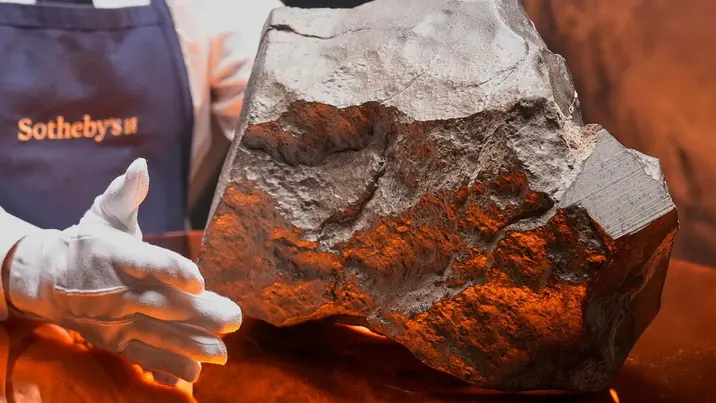T4K3.news
Meteorite found in Georgia
Researchers confirm a 4.56-billion-year-old meteorite fragment landed in McDonough, Georgia
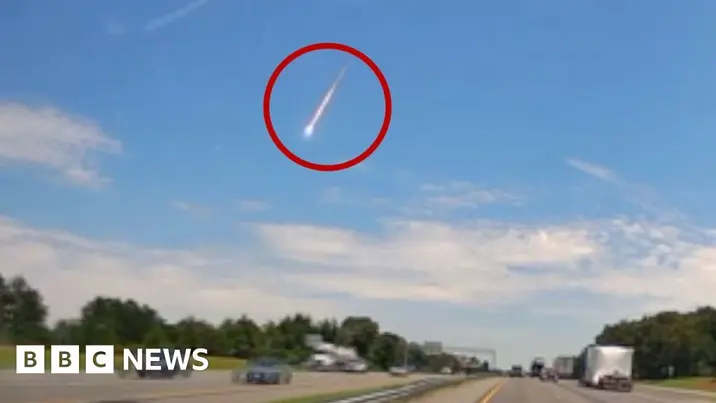
Researchers say a fragment that pierced a McDonough roof formed about 4.56 billion years ago, roughly 20 million years older than Earth.
Meteorite older than Earth lands in Georgia home
A meteorite lit up the daytime sky over Georgia on June 26 and exploded in the air. Fragments pierced the roof of a home in McDonough, and NASA confirmed the object had fallen to Earth. Scientists at the University of Georgia recovered a fragment and identified it as a chondrite, the most common type of stony meteorite. Based on its composition, the rock is estimated to have formed about 4.56 billion years ago.
The meteorite is thought to have traveled at least 1 kilometer per second as it slowed through the atmosphere. Optical and electron microscopy helped scientists date the sample and confirm its ancient origin. The event drew many witnesses across Georgia and nearby states, illustrating how space rocks can briefly become part of everyday life.
Key Takeaways
"A piece of the early solar system still speaks to us"
Highlights the scientific value of the find
"The sky delivered a time capsule last June"
Captures the event's timing and public interest
"This rock is a time machine from the birth of the solar system"
Editorial view on significance of the meteorite
"Science turns a roof into a doorway to deep time"
Public engagement and the method of study
The find reminds readers that the solar system has a long memory. Dating meteorites requires careful lab work and cross checks, but it yields a precise timestamp for the birth of planets. The public is invited to see how ordinary events can connect to cosmic history.
As scientists publicly share such results, they also confront the challenge of communicating deep time to a general audience. The McDonough fragment is small yet powerful, a tangible link to the dawn of the solar system that can inspire curiosity about science and the universe.
Highlights
- A piece of the early solar system still speaks to us
- The sky delivered a time capsule last June
- This rock is a time machine from the birth of the solar system
- Science turns a roof into a doorway to deep time
The sky still writes in stone and science helps us read it.
Enjoyed this? Let your friends know!
Related News

Meteorite from asteroid belt hits Georgia home

Ancient Meteorite Lights Up Georgia Sky

Ancient meteorite found in Georgia ages older than Earth
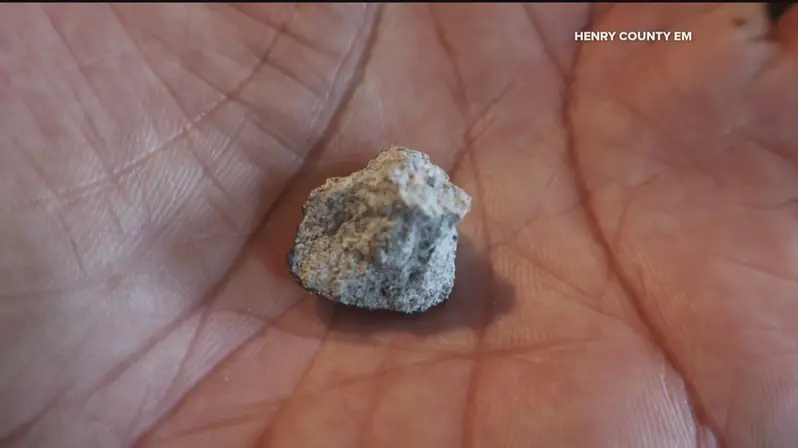
Meteorite found in Georgia home dates back to origins older than Earth

Georgia home meteorite dates to 4.56 billion years ago
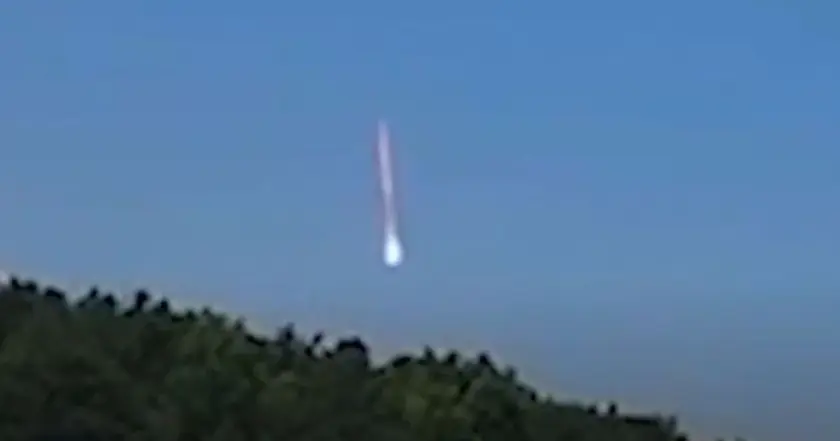
McDonough meteorite predates Earth

Meteorite in Georgia older than Earth
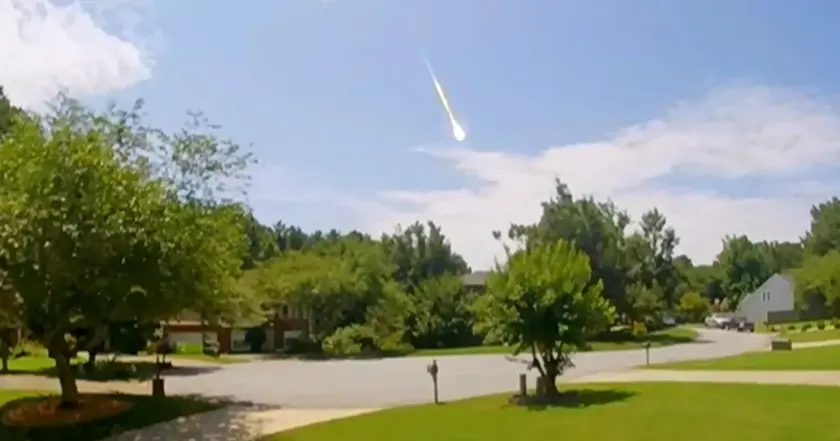
Georgia meteorite older than Earth
